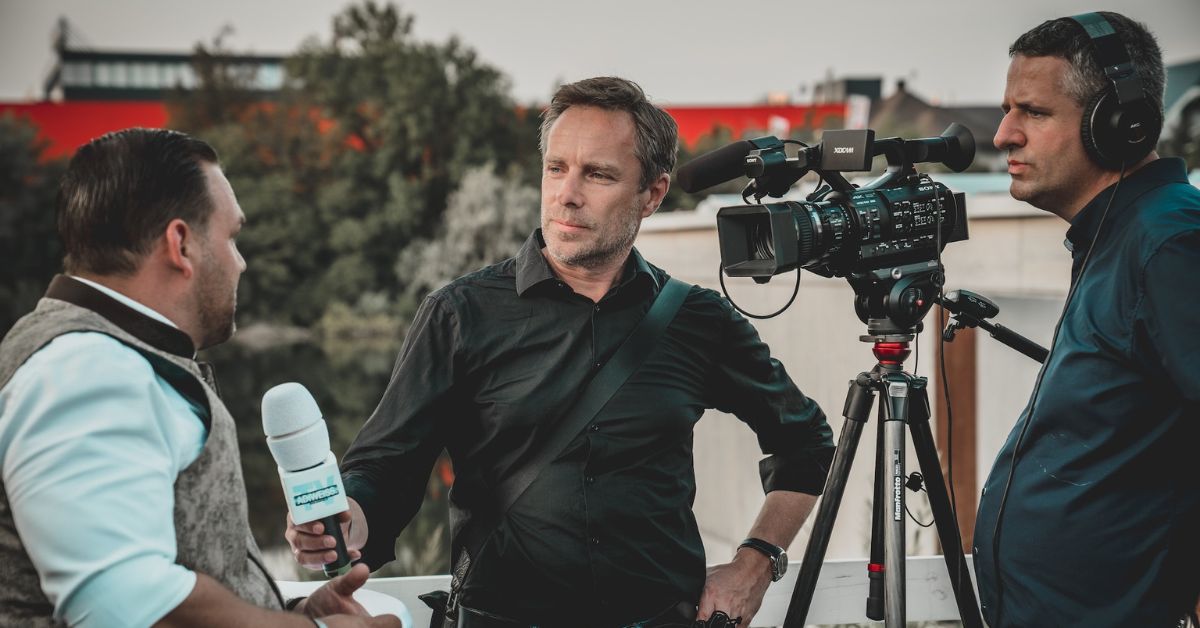DUBAI, UAE — Some two month back, a reporter from TRENDS approached the public-relations department of a business zone in the UAE for an interview with its senior most executive. The reporter was looking to write an analytical piece on how the business zone was performing during a time of slow global economic growth. The expectation was that the senior executive will give the reporter a peek into the inner workings of the zone, and the website will publish a balanced piece on the subject.
But it never got to that point. The public-relations department in turn had a bizarre query for us: How much would it cost them to publish the interview in the TRENDS website?” The experience left TRENDS’ office staff perplexed; but to the publicists of the business zone there didn’t seem to be anything unusual or improper about the inference to pay us. The brazenness with which the money was brought up got us wondering how common the malaise was, to offer journalists money to write puff pieces.
Last year, we ran a piece on one of the television networks in the Middle East. The company was once a dominant player in the market. But with the arrival of new networks in the region, the company’s fortunes had taken a precipitous fall. The story was widely read, and became the subject of many conversations in the market.
Its management was, however, very annoyed with the TRENDS coverage. One of the OTT platform’s PR team members said that they could help us write a new version of the story. TRENDS stood its ground; there would be no retraction of the piece, said the TRENDS editors. The OTT and television network’s officials at last relented, and offered to discuss with us “a long-term partnership inclusive of ads”.
“It has stopped to shock us a long time ago. There are many in our ranks who never take anything from the PR firms for the stories we report. But there are some who don’t see anything wrong with it.”
A DUBAI-BASED JOURNALIST
These are not a few isolated instances of PR firms in the Middle East attempting to buy uncritical media coverage for their clients. Many journalists that TRENDS spoke to disclosed that PR firms operating in the Middle East have used various forms of “inducements” to get favorable coverage in the media.
“It has stopped to shock us a long time ago. There are many in our ranks who never take anything from the PR firms for the stories we report. But there are some who don’t see anything wrong with it,” said a journalist working at one of the leading media organizations in Dubai.

Another reporter in Dubai was once offered by a PR firm a Bottega Veneta handbag worth US$5,000 to write a “positive review.” The reporter declined the offer, and wrote a fair, balanced review.
“There are some reporters who are flown overseas on press trips with families. On their return the reporter has to ensure the PR firm’s client gets a wide coverage in the newspaper or digital edition along with pictures,” said a renowned UAE-based journalist, who wishes to remain anonymous.
The tendency in the PR firms to literally buy favorable media coverage for clients has a clear moral dimension. According to Alex Malouf, a veteran communications expert with a wide experience of the industry in the Middle East, believes that while PR firms are out to protect reputations of their clients, it is also important that their own conduct is beyond reproach. “I will argue that editorial and sales should be separate. When the line blurs between the two, it creates ethical issues.”
While the blame lies with the PR industry for spawning practices such as offering cash and gifts to journalists in return for positive coverage, many journalists feel it is time to look “inwards” and voice opposition to it.
“Our fraternity has to take the blame too. The PR firms would not have crossed this line if we had not been receptive to their offers. It has gained acceptability because there has been no pushback from journalists and media organizations in the whole region.”
Step into the shadowy world of public relations in the Middle East, as TRENDS uncovers the alarming prevalence of inducements, cash offers, and questionable ethics in a bid to secure favorable media coverage; a tale of handbags, hush money, and the blurring lines between editorial integrity and lucrative ‘partnerships’.
Click here for the full report








